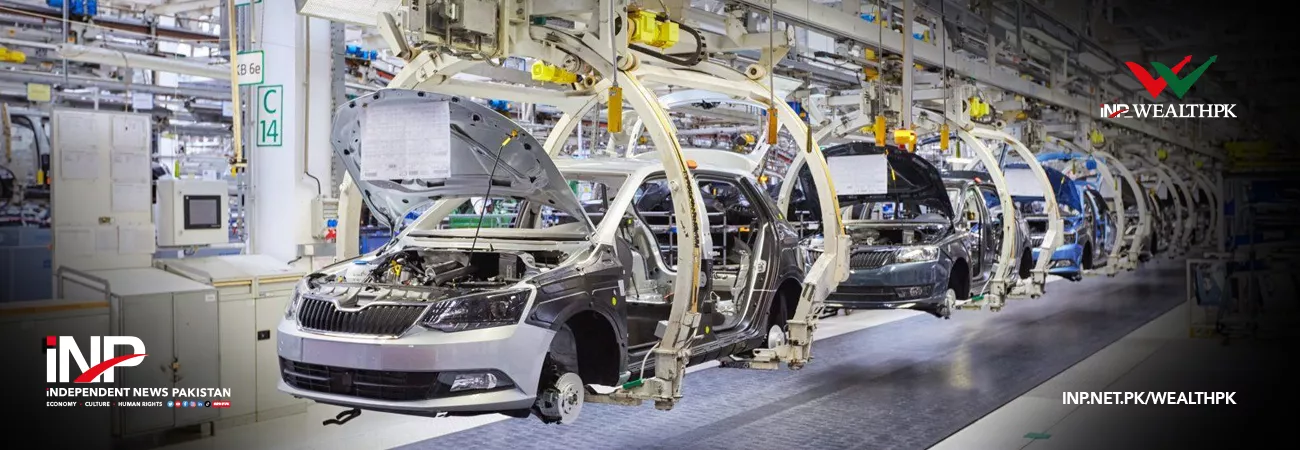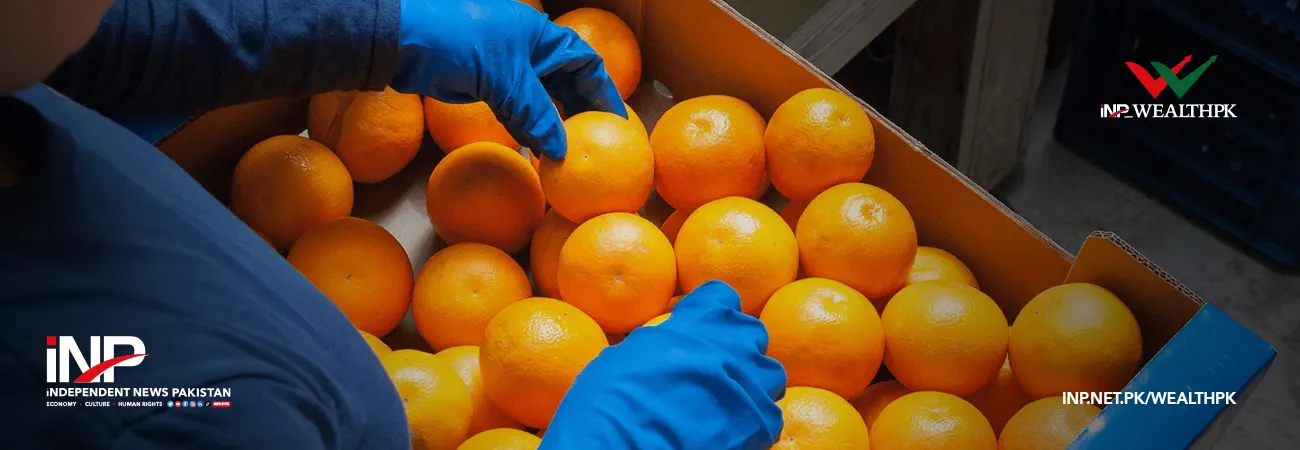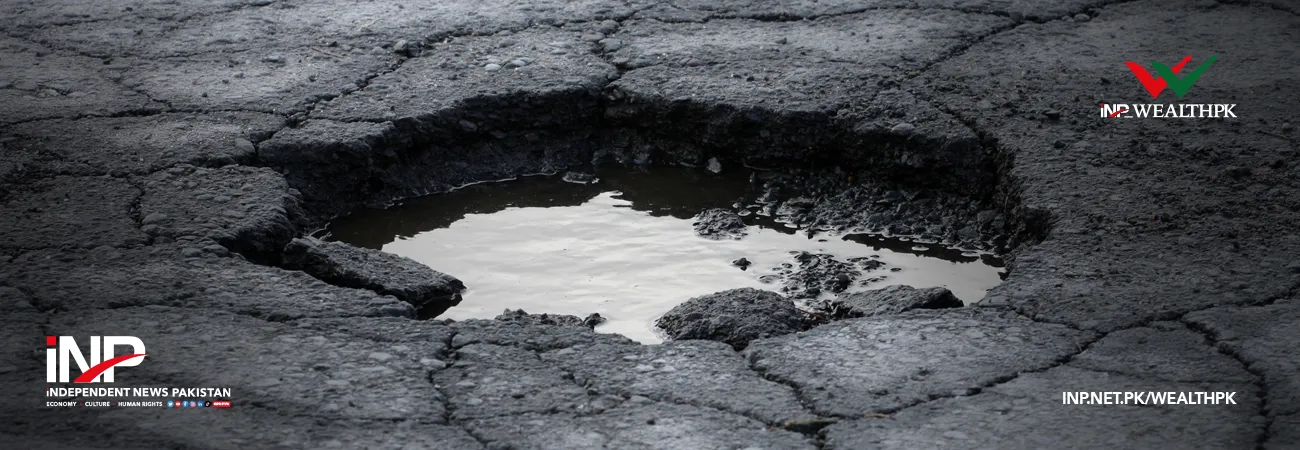INP-WealthPk
Adeem Niaz
The government has been asked to end the “protectionist policy” in the automobile sector to ensure competition and quality. Dr Ali Hasanain, an associate professor at the Lahore University of Management Sciences (LUMS), and a member of the Independent Economic Advisory Group (EAG), told WealthPK during an interview that Pakistan needed to revisit its industrial and economic policies altogether. “Decades of sustained reliance on import substitution rather than export promotion has led to repeated balance of payment crises over the past three decades.”

He said an export-oriented management of the economy would eventually require a shift away from assembling Completely Knocked Down (CKD) units towards importing Completely Built Up (CBU) cars.
He observed that Pakistan had been engaged in a deletion programme since 1985 to replace foreign inputs with domestic counterparts in the automobile sector. “However, despite its best efforts, the country continues to import most of the vehicle parts and only assembles the cars domestically.”
He said only 5% to 10% of value addition locally was not enough. He added that the country might be able to save some dollars through import substitution, but the import bill won’t be reduced significantly as main components were still brought from abroad. He also said that due to lack of value addition, consumers were forced to drive poorer-quality cars. He said investments were diverted from the sectors with higher export potential.
Ali Hasanain observed that Pakistan’s automobile sector enjoyed government protection despite the fact that cost of assembling a CKD unit locally was more than abroad. Moreover, the end product was often of poorer quality than its counterpart abroad. He called for ending the protectionist policies to create competition and efficiency in the production of automobiles.
He said poorer quality meant a worse consumer experience, greater expenses on repairs and more pollution than would occur with CBU units assembled abroad. When asked about his take on shutting down automobile production units due to the ban on opening LCs, the LUMS researcher said that “arbitrary” administrative measures were a poor way to tackle the balance of payment crisis.
He also advocated for a market-determined exchange rate. He criticised the 2016 automobile policy, noting that huge investments were made in the sector, but without focusing on quality. He called for doing away with the policy. The LUMS professor advocated for a clear roadmap to gradually do away with the protectionist policy in the auto sector to ensure competition.
He said the drawdown of import-substituting industries must go hand in hand with a renewed focus on exporting sectors. “The country must first focus on products that it is already relatively good at producing, and private investments must be supported and encouraged in these areas. This shift is key to alleviating Pakistan’s persistent macroeconomic troubles.” A country’s self-reliance, Ali Hasanain said, was about being financially healthy enough to buy whatever it needed, not about trying to produce every product possible at any cost.
Credit : Independent News Pakistan-WealthPk













